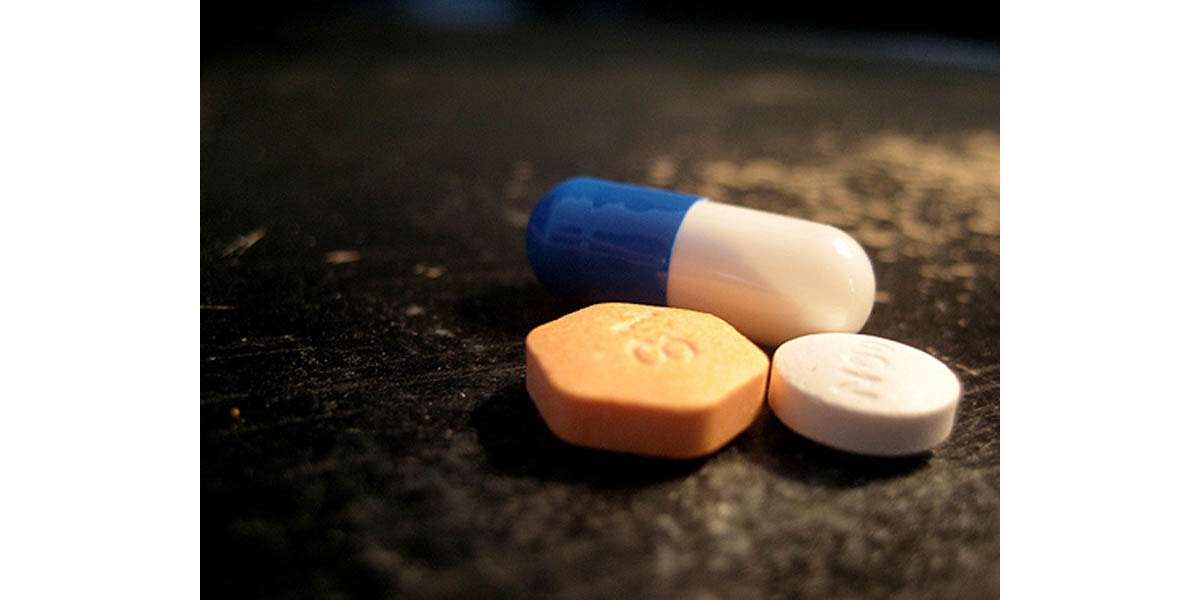Table of Contents
Scientists don't have a way to quantify willpower to tell people how much willpower they need to overcome addictions without any kind of medical help
There is a growing body of scientific evidence that tells us that addictions to substances ranging from heroin to Happy Meals all seem to involve cells in the brain that provide opioid receptors. An opioid receptor is a site on a cell that acts like a lock for which pain chemicals are a key. In the case of Randy Jansen, mentioned in the first half of this article, the ongoing pain from 22 broken bones and seven surgeries flooded these receptors with pain signals.

Former commissioner of the Food and Drug Administration and former medical school dean Dr. David Kessler believes that a combination of sugar, fat, and salt in food locks many of the same receptors that are locked by opium and morphine. But the sugar, fat, and salt we get in fast food and almost any prepared food (at least in the USA) also trigger the release of dopamine that gives the feeling of pleasure. In fact, just seeing a symbol we associate with a sugary, fatty, salty food can give our brains the pleasure we get from eating.
Pills just block pain. Food blocks pain and delivers pleasure. Food can be more addictive than heroin. But can we overcome this addiction with willpower?
Of course, some people can, and most people can't. When it comes to drugs, some people are able to quit their addictions cold turkey. Some people are able to function with ongoing help (such as lifetime attendance of a 12-step group). And some people don't kick their addictions even with the best medicine and their loved ones have to offer them.
When it comes to food, breaking an addiction is even harder. Most of us can't overcome all the multiple layers of experience that keep drawing us back to food. And there are fewer caring professionals who will help.
No Single Explanation for Addiction
While there is no single explanation of addiction, a number of studies suggest that the brains of addicts have more receptors for pain chemicals and fewer receptors for pleasure chemicals. Substances that dull pain tend to be addictive. Substances and activities that increase pleasure tend to be addictive.Moreover, the brain is shaped by experience. Stressful experiences literally rewire the brain. Some pathways will be enhanced. Others will be broken. The effective ratio of pain receptors and pleasure receptors may change, so the brain's responsiveness to pain and pleasure will change, and the addictiveness, or non-addictiveness, of various substances will also change.
Memory also plays a role. For a cocaine addict, just seeing a syringe may trigger desires and a memory of a cocaine high. For a Big Mac addict, just riding past the golden arches of a McDonald's fast food restaurant may start the taste buds watering. Stress may make the idea of a cocaine high less desirable or the idea of downing a Big Mac more desirable, or it might work the other way around.
Scientists don't have a way to quantify willpower to tell people how much willpower they need to overcome addictions without any kind of medical help. Science only knows that most people need some combination of willpower, social support, and brain-based medication to succeed in mastering their desires. Jacques and Randy would tell you that compassion helps, too.
- Rick Nauert, PhD, "Differences in Brain Function May Affect Addiction Risk," PsychCentral.com, 2 May 2011, accessed 21 July 2011.
- Photo courtesy of brains the head on Flickr: www.flickr.com/photos/lemoneatingmachine/4933643262/.

